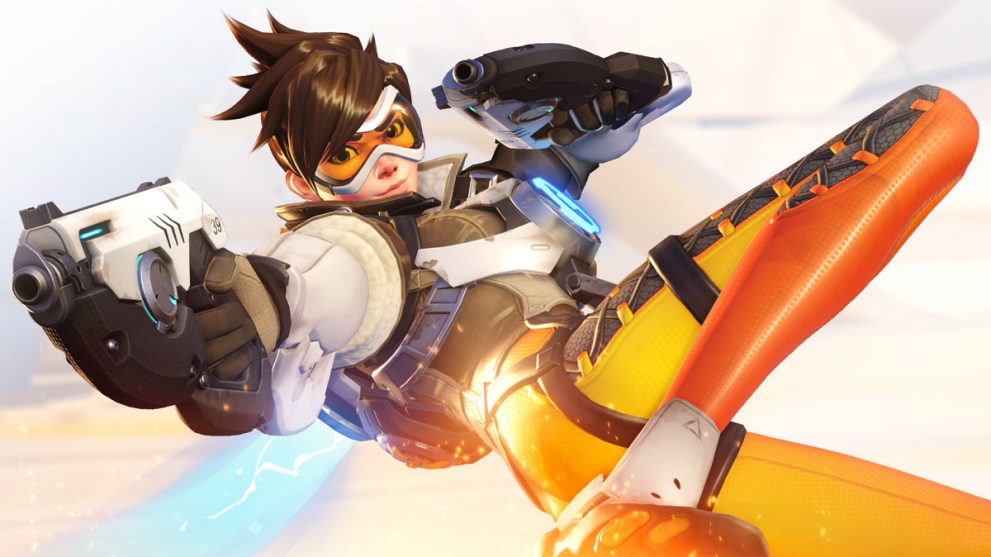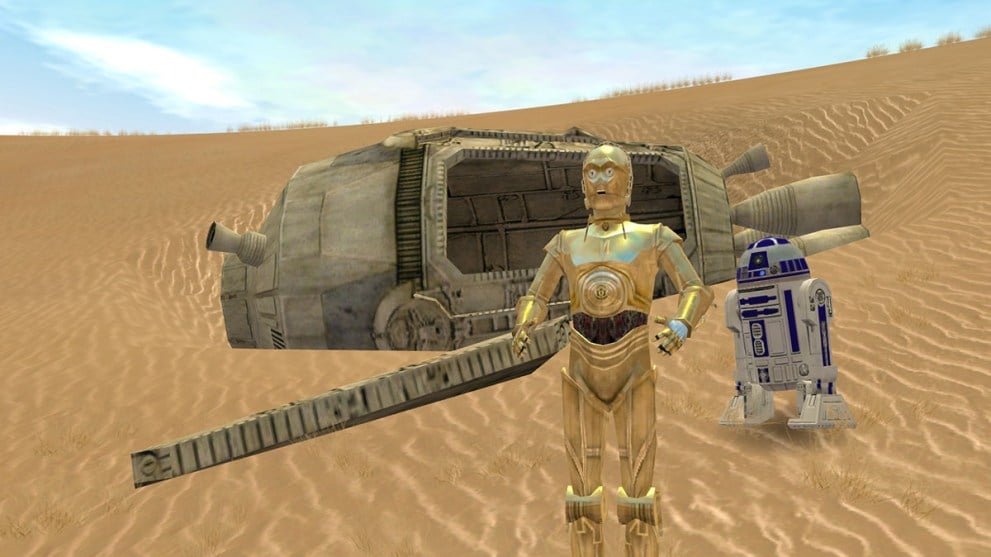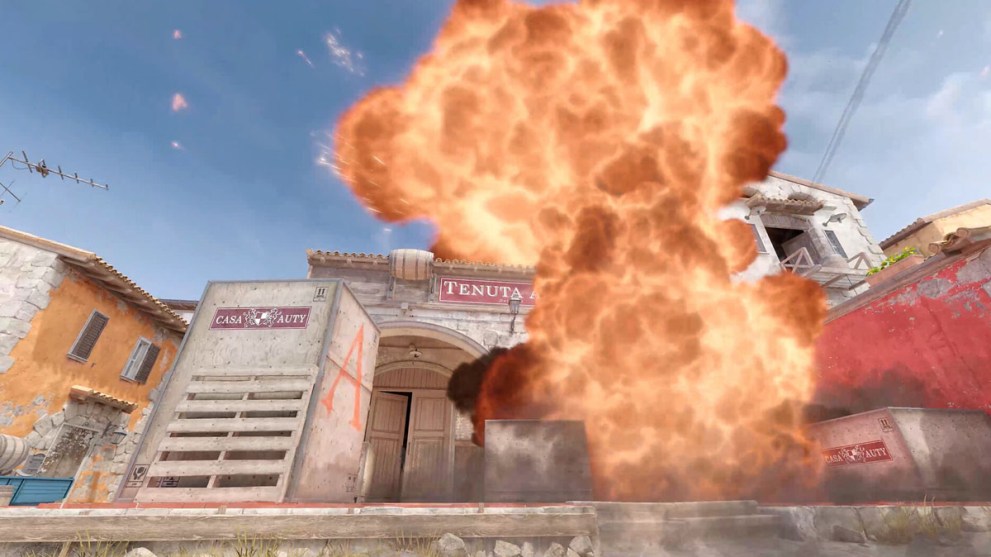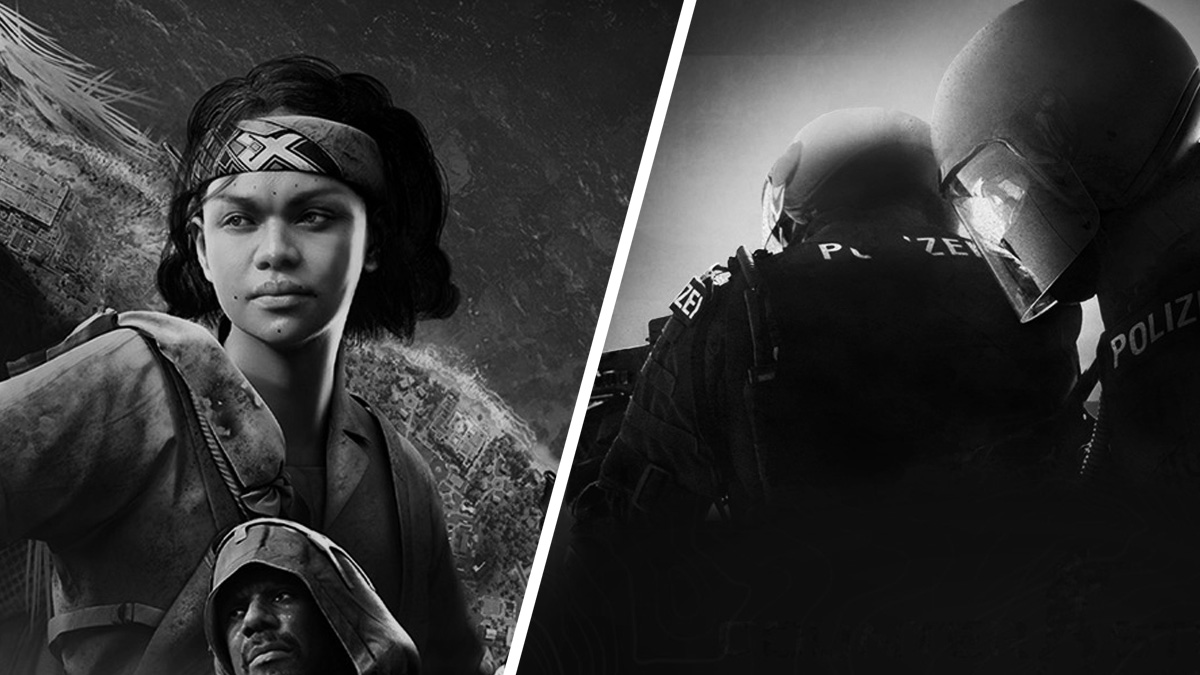This month two of the world’s biggest online FPS games were unceremoniously shut down. On Thursday, September 21, 2023, Call of Duty: Warzone Caldera was taken offline, and less than a week later, on Wednesday, September 27, 2023, the same thing happened to Counter-Strike: Global Offensive.
It wasn’t as if nobody was playing these games. And it isn’t as if nobody would ever want to play them again in the future. But now they never can. These games simply no longer exist outside of their once-players’ memories.
These games were closed for just one reason: to make way for their successors. Because who would want to play those old games when there are shiny new ones to play instead? It didn’t have to be like this. Warzone Caldera (which was previously known as just Warzone, but adopted the Caldera after Warzone 2.0 launched) and Global Offensive did not have to die so that Warzone 2.0 (now renamed as just Warzone) and Counter-Strike 2 could live.
There’s no obvious reason why Activision and Valve couldn’t comfortably keep both generations of these games chugging away for years to come with only minimal maintenance required to ensure the elder ones are sufficiently moderated. You can still play every other Call of Duty game online, and you can still play Counter-Strike 1.6 and Source online. Warzone and Global Offensive aren’t quite the same though. Being live service games, they’re intended to be all-consuming. Equally as much a hangout spot, a spectator sport, and a fashion simulator, as they are maps upon which players drop in to shoot at each other.
As such, the success of these live service games rests upon obtaining and holding onto as large a community as possible in as short of a timeframe as possible. The problem with this is, that these new versions frequently launch with less to offer than their predecessors. While a certain proportion of players — a majority even — may switch over to the new game with the promise of better things to come, many will soon slink back over to the older, less buggy, more content-abundant version of the game they were playing before.
Cutting off access that old game then is the obvious way for publishers to curtail this. A lot is sacrificed for the short-term gain, but crucially for the publisher, nothing that affects them bar the small handful that might bounce right off the new one.

This is a recent phenomenon, but there’s a concern that it might become a trend. Just last year Blizzard shut down Overwatch to make way for its sequel, this coming only two years after the disastrous launch of Warcraft 3: Reforged, which made the original version of that game inaccessible.
Historically, remakes and sequels of online titles would sit alongside their aged counterparts. Curiously, Blizzard’s major release of 2023, Diablo 4, did not result in the closure of Diablo 3’s servers. Instead, that 11-year-old game has just received its final batch of fresh content, with Blizzard planning on recycling content from past seasons to keep the game running long into the future. Would it be cynical to suggest that this might have something to do with the fact that Diablo 4 launched as a decently polished, content-filled game quite unlike Overwatch 2 and Warcraft 3: Reforged?
Those with their eyes pointed ever toward the hot new thing might argue why it would matter if these old games are shut down. It makes sense that publishers would want to save any money that would be required to maintain the servers and employ enough community managers necessary to keep these old dogs running (this is ignoring the fact that most of these games could almost certainly pay for themselves many times over with fees to access recycled battle passes or existing microtransactions). Surely people need to just move on.
The obvious response to this is: Why should they have to? For whatever reason people might just be happy where they already are. The micro-communities they’ve built there may not wish to set up all over again in pastures new. Their existing hardware might not be capable of running the new game. Or, as mentioned previously, the old game might just simply be better.

I didn’t play Warzone Caldera or Global Offensive, but I’ve experienced something similar to what’s happened to their communities before. Between 2006 and 2011 I played the MMORPG Star Wars Galaxies quite obsessively. In 2008, Bioware announced another Star Wars MMO, The Old Republic. Like everyone else, I enjoyed their single-player Knights of the Old Republic and was excited to try out The Old Republic when it released.
The Star Wars Galaxies community was initially concerned that this would mean the end for their game, but LucasArts iterated that both games would be able to run alongside each other. There was no obvious threat that Star Wars Galaxies’ continued operation would cannibalize the success of The Old Republic.
Just months before Star Wars: The Old Republic’s launch however, it was announced that Star Wars Galaxies would be shutting down after all. The shutdown took place only days before The Old Republic went live. It felt like a kick in the gut — a betrayal of mine and the rest of the community’s faith. I couldn’t stomach playing The Old Republic for several years after that.
I don’t know how many others acted similarly. Star Wars Galaxies’ community wasn’t huge at the time, so it wouldn’t have really made any difference in a game that would still manage to attract 1.7 million players shortly after its launch. And that’s kind of the point.
The change between Warzone and Counter-Strike’s old games and their new ones isn’t quite as severe as those two MMOs. At heart, Warzone 2.0 and Counter-Strike 2 are very similar games to their predecessors in almost every respect. But I can’t help but feel that if the developers deem them different enough to class them as separate games, then they should have a responsibility to allow players access to that other game.

Like the removal of films and television shows from streaming services such as Disney+ and Max, this casual act of vanishing old media once it’s no longer deemed to be financially or culturally worthy plays into the sentiment that it’s all nothing more than just disposable content. Look, I’m not going to argue that Call of Duty: Warzone is analogous to, say, Citizen Kane when it comes to artistic achievement. But they’re still games that means a heck of a lot to a lot of people, including the many creative hands that spend thousands of hours working tirelessly to bring them to life.
The Video Game History Foundation recently concluded that “87% of classic video games released in the United States are critically endangered”. That number is sure to only grow exponentially as more and more online-only games have their servers shuttered and therefore become totally inaccessible.
This is a major issue in game preservation that needs to be addressed sooner rather than later. It will require an industry-wide collaborative effort to ensure such a thing happens, but it’s in everyone’s interest that it does. Too many humans have invested too much time, effort, and passion into them to see them so casually vanished out of existence.
Every so often games need a fresh start. Whether it’s because of aging tech holding the game back, or simply to give new players an easier way to onboard. I only hope that gaming’s future doesn’t come at the expense of its past.





Published: Sep 30, 2023 12:00 pm